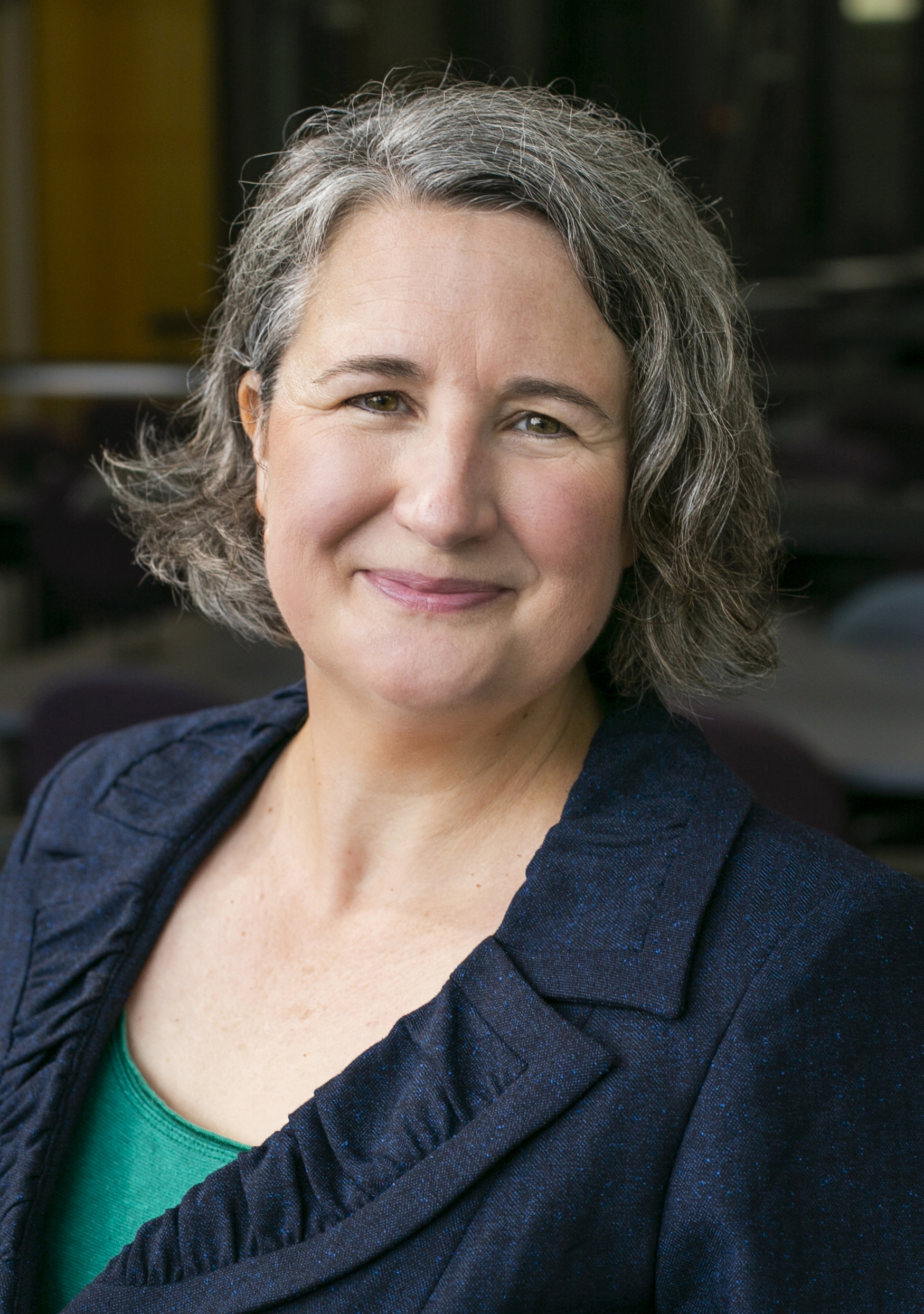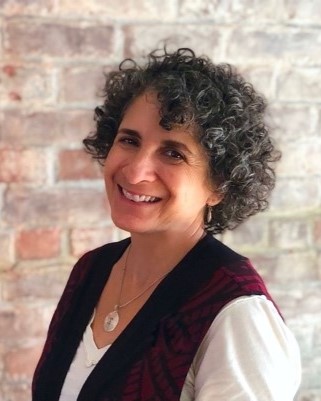*Free registration is required to use the toolkits provided within HIPxChange. This information is required by our funders and is used to determine the impact of the materials posted on the website.
Background
Tobacco cessation among people living with cancer is a vexing challenge in cancer care, despite strong evidence that quitting improves survival, treatment response, and quality of life (Toll et al., 2013; Shields et al., 2015; Ditre et al., 2011). Half of patients who smoke continue to do so through cancer treatment, and many who quit resume smoking after treatment ends (Toll et al., 2013, Lucchiari, et al., 2016; Ramaswamy et al., 2016; NCI, 2018). Racial and ethnic minority groups have lower abstinence rates and use cessation aids/pharmacotherapy less often than White people who smoke (Leventhal et al., 2019; Garrett et al., 2015).
The NCI Cancer Moonshot-funded Cancer Center Cessation Initiative (C3I) has engaged 52 NCI-designated Cancer Centers (CCs) in integrating tobacco cessation services into clinical care. Over the past 4 years, reach – the percentage of patients who engage in any tobacco treatment service – has roughly doubled (D’Angelo et al., 2021). Despite strong gains, many patients are still being left behind.
This toolkit includes a catalyst film which summarizes findings from research about diverse patients’ experiences with smoking, cancer, and tobacco cessation at C3I cancer centers. The toolkit also includes materials to guide this film’s use with various audiences. If you are new to using a catalyst film, you might find it valuable to review our introduction to catalyst films guidebook available at: https://www.healthexperiencesusa.org/CatalystFilms.
Who should use this toolkit?
This toolkit is intended to be used by patients and families; clinicians, including oncology clinicians and tobacco cessation specialists; researchers; and health program and system leaders and administrators.
What does the toolkit contain?
This toolkit contains the following:
- Catalyst film: Health Experiences Catalyst Films are short films that summarize key findings from interviews with people discussing their experiences with health and health care. This catalyst film is about peoples’ experiences of smoking, cancer, and tobacco cessation. The film can help patients feel support from others like them; clinicians and researchers develop and deliver more effective cessation interventions; and health systems leaders appreciate the challenges of tobacco cessation and the need for investment.
- Facilitation guide: The toolkit contains facilitation materials including a draft agenda for an educational session with clinicians and administrators using the catalyst film. This agenda can be adapted for sessions with other audiences such as patients and families.
- Reflection worksheet: This toolkit contains a list of reflection questions that can guide conversation after viewing the film.
How should these tools be used?
This film and accompanying toolkit are intended to increase understanding and empathy for all people who smoke or have smoked by exploring their experiences, personal histories, motivations and messages for others. They are also intended to increase the chances that health care providers and patients can make decisions together without the interference of shame or judgment.
More specifically, the materials in this toolkit can be used to:
- Inform oncology clinicians and tobacco cessation specialists about dimensions of peoples’ diverse experiences with smoking and tobacco cessation that may not always be readily available in clinical settings.
- Develop or hone empathic support for people with cancer who have experiences of smoking and tobacco cessation
- Spark conversations about enhancing or changing certain clinical practices in oncology and tobacco cessation settings
- Garner support for further investment in tobacco cessation resources for people with cancer or high cancer risk
The catalyst film can be viewed in full or in sections. Sections can be combined to meet the needs of different audiences. In addition to the Introduction and Credits sections which we recommend be included on any viewing, available sections include:
- Reasons for Smoking
- Smoking and Cancer
- Cessation Specialists
- Clinician Interactions
- Stigma
- Quitting or Not Quitting
- Motivations for Quitting
- Reasons Not to Quit
- Effects of Quitting
- Strategies for Quitting
- Messages to other Patients
- Messages to Family and Friends
- Messages to Clinicians
Development of this toolkit
The Catalyst Films about Health Experiences: Smoking, Cancer, and Tobacco Cessation was developed by researchers and clinicians (Principal Investigator: Rachel Grob) at the University of Wisconsin-Madison School of Medicine & Public Health – Department of Family Medicine and Community Health.
This film was created from interviews with 18 people with experiences of smoking, cancer, and tobacco cessation, which includes people who have quit smoking and those who haven’t. Participants were recruited all over the United States through the following cancer centers: City of Hope; Fox Chase Cancer Center; Memorial Sloan Kettering; The Medical University of South Carolina; Yale; Oregon Health Sciences University; Fred Hutchinson; Duke; University of California-Davis; and Stanford.
All who shared their stories for this project identified themselves as belonging to groups identified in this study’s context as historically marginalized. This includes being part of a racial and ethnic minority group; from a household that has little income or wealth to buffer against the negative impacts of an adverse health event; living in a rural location (outside urban area, <50,000 people); part of a sexual or gender minority group (people who identify as a member of the LGBTQIA+ community); disabled; part of an underrepresented religious group; an immigrant or refugee; formerly incarcerated; retired; a veteran; living with and/or after substance use disorders; or living with mental illness.
This project was supported by a supplement from the National Cancer Institute. The content is solely the responsibility of the authors and does not necessarily represent the official views of the National Institutes of Health or other funders.
Please send questions, comments and suggestions to qherlab@fammed.wisc.edu.
Toolkit Citation
Please use the following suggested citation:
Evered JA, Patrick B, Davis S, Grob R. Catalyst Films about Health Experiences: Smoking, Cancer, and Tobacco Cessation. University of Wisconsin-Madison Department of Family Medicine and Community Health and Center for Patient Partnerships. Madison, WI; 2024. Available at: http://www.hipxchange.org/toolkit/SmokingCatalystFilms


 Briana Patrick, MS (she/her) was a Research Specialist with the Qualitative Health Experiences Research Lab (QHER) at the
Briana Patrick, MS (she/her) was a Research Specialist with the Qualitative Health Experiences Research Lab (QHER) at the 
 Rachel Grob, MA, PhD
Rachel Grob, MA, PhD


